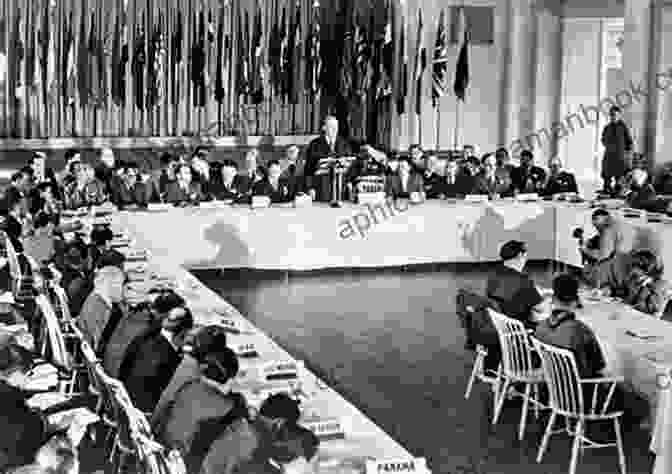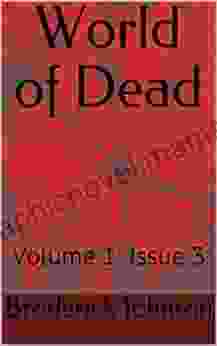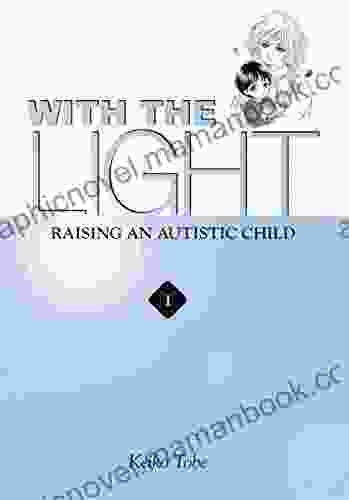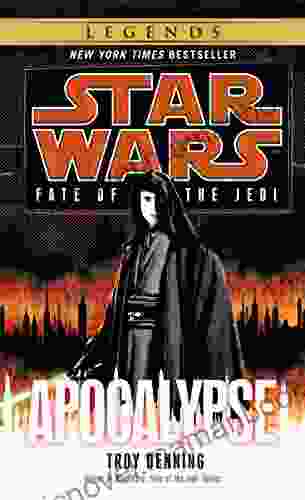The Battle of Bretton Woods: Shaping the Post-World War II Financial Order


The Battle of Bretton Woods, held in Bretton Woods, New Hampshire from July 1 to July 22, 1944, was a historic conference that laid the foundation for the post-World War II international financial system. The conference was attended by representatives from 44 countries, and its outcome had a profound impact on the global economy for decades to come.
4.5 out of 5
| Language | : | English |
| File size | : | 4141 KB |
| Text-to-Speech | : | Enabled |
| Screen Reader | : | Supported |
| Enhanced typesetting | : | Enabled |
| X-Ray | : | Enabled |
| Word Wise | : | Enabled |
| Print length | : | 580 pages |
The conference was convened in response to the economic chaos that had followed World War I. The gold standard, which had been the basis of the international financial system since the 19th century, had collapsed, and the world was plagued by inflation, deflation, and currency instability. The Bretton Woods Conference aimed to create a new international financial system that would prevent such chaos from happening again.
The conference was dominated by two competing visions for the postwar financial order. The United States, which had emerged from the war as the world's leading economic power, favored a system based on the gold standard and free trade. The United Kingdom, which had been the world's leading economic power before the war, favored a system based on Keynesian economics and managed trade.
In the end, a compromise was reached that incorporated elements of both visions. The Bretton Woods agreement established a new international monetary system based on the gold standard, but it also allowed for managed trade and Keynesian fiscal policies. The agreement also created two new international institutions, the International Monetary Fund (IMF) and the World Bank.
The Bretton Woods System
The Bretton Woods system was based on four main principles:
1. The gold standard: The United States dollar was pegged to gold at a fixed rate of $35 per ounce. Other currencies were pegged to the dollar at fixed rates. 2. Managed trade: Countries were allowed to impose tariffs and other trade restrictions to protect their domestic industries. 3. Keynesian fiscal policies: Governments were encouraged to use fiscal policy to stimulate aggregate demand and maintain full employment. 4. International cooperation: The IMF and the World Bank were created to provide financial assistance to countries in need and to promote international economic cooperation.
The Bretton Woods system helped to promote economic recovery and growth in the postwar period. However, it began to show signs of strain in the 1960s as the United States began to run large balance-of-payments deficits. In 1971, the United States suspended the gold standard, and the Bretton Woods system collapsed.
The Legacy of Bretton Woods
The Bretton Woods system is widely regarded as one of the most important international agreements of the 20th century. It helped to create a stable and prosperous global economy in the postwar period. However, the system's collapse in 1971 led to a period of economic uncertainty and instability.
The legacy of Bretton Woods is still debated today. Some argue that the system was too rigid and that its collapse was inevitable. Others argue that the system was a victim of political mismanagement and that it could have been saved.
Regardless of one's view of the Bretton Woods system, there is no doubt that it had a profound impact on the global economy. The system's collapse in 1971 marked the end of an era and the beginning of a new period of economic uncertainty.
The Battle of Bretton Woods was a pivotal moment in the history of the global economy. The conference's outcome shaped the postwar financial order and had a lasting impact on the world economy. The legacy of Bretton Woods is still debated today, but there is no doubt that it was one of the most important international agreements of the 20th century.
4.5 out of 5
| Language | : | English |
| File size | : | 4141 KB |
| Text-to-Speech | : | Enabled |
| Screen Reader | : | Supported |
| Enhanced typesetting | : | Enabled |
| X-Ray | : | Enabled |
| Word Wise | : | Enabled |
| Print length | : | 580 pages |
Do you want to contribute by writing guest posts on this blog?
Please contact us and send us a resume of previous articles that you have written.
 Top Book
Top Book Novel
Novel Fiction
Fiction Nonfiction
Nonfiction Literature
Literature Paperback
Paperback Hardcover
Hardcover E-book
E-book Audiobook
Audiobook Bestseller
Bestseller Classic
Classic Mystery
Mystery Thriller
Thriller Romance
Romance Fantasy
Fantasy Science Fiction
Science Fiction Biography
Biography Memoir
Memoir Autobiography
Autobiography Poetry
Poetry Drama
Drama Historical Fiction
Historical Fiction Self-help
Self-help Young Adult
Young Adult Childrens Books
Childrens Books Graphic Novel
Graphic Novel Anthology
Anthology Series
Series Encyclopedia
Encyclopedia Reference
Reference Guidebook
Guidebook Textbook
Textbook Workbook
Workbook Journal
Journal Diary
Diary Manuscript
Manuscript Folio
Folio Pulp Fiction
Pulp Fiction Short Stories
Short Stories Fairy Tales
Fairy Tales Fables
Fables Mythology
Mythology Philosophy
Philosophy Religion
Religion Spirituality
Spirituality Essays
Essays Critique
Critique Commentary
Commentary Glossary
Glossary Bibliography
Bibliography Index
Index Table of Contents
Table of Contents Preface
Preface Introduction
Introduction Foreword
Foreword Afterword
Afterword Appendices
Appendices Annotations
Annotations Footnotes
Footnotes Epilogue
Epilogue Prologue
Prologue Jessica Johnson
Jessica Johnson Lucinda Watson
Lucinda Watson Kara Caldwell
Kara Caldwell Marilyn Jansen
Marilyn Jansen David Olarinoye
David Olarinoye Kohei Horikoshi
Kohei Horikoshi Candace June
Candace June Bronwyn Houldsworth
Bronwyn Houldsworth Michael C Ruppert
Michael C Ruppert Kindle Edition
Kindle Edition H A Guerber
H A Guerber Katie Wismer
Katie Wismer Laurie Colwin
Laurie Colwin Mary Devey
Mary Devey Todd Whitaker
Todd Whitaker Gordon Long
Gordon Long Margot Peters
Margot Peters Dorcas Oginni
Dorcas Oginni Judith Arnopp
Judith Arnopp Frank Mclynn
Frank Mclynn
Light bulbAdvertise smarter! Our strategic ad space ensures maximum exposure. Reserve your spot today!

 Isaiah PowellStep-by-Step Instructions on Candle Making at Home: A Journey into the Art of...
Isaiah PowellStep-by-Step Instructions on Candle Making at Home: A Journey into the Art of... Jerry HayesFollow ·18k
Jerry HayesFollow ·18k Dominic SimmonsFollow ·7.4k
Dominic SimmonsFollow ·7.4k Benjamin StoneFollow ·4.2k
Benjamin StoneFollow ·4.2k Brett SimmonsFollow ·3.1k
Brett SimmonsFollow ·3.1k Edwin CoxFollow ·12.9k
Edwin CoxFollow ·12.9k Anton ChekhovFollow ·7.9k
Anton ChekhovFollow ·7.9k Eddie PowellFollow ·5.3k
Eddie PowellFollow ·5.3k Chad PriceFollow ·5.6k
Chad PriceFollow ·5.6k

 Rex Hayes
Rex HayesWorld of Dead Volume Issue: An In-Depth Analysis
The World of Dead volume issue...

 Nathan Reed
Nathan ReedHard Lessons Learned from ERP Rollouts: A Hivemind...
Enterprise...

 Fernando Bell
Fernando BellWith the Light, Vol. 1: Illuminating the Extraordinary...
The advent of parenthood is a...

 Wesley Reed
Wesley ReedNo Helping Hand: True Story of Deadly Waves
In December 2004,...

 Ruben Cox
Ruben CoxIntroduction to Electrodynamics by David Griffiths: A...
to Electrodynamics by...
4.5 out of 5
| Language | : | English |
| File size | : | 4141 KB |
| Text-to-Speech | : | Enabled |
| Screen Reader | : | Supported |
| Enhanced typesetting | : | Enabled |
| X-Ray | : | Enabled |
| Word Wise | : | Enabled |
| Print length | : | 580 pages |












